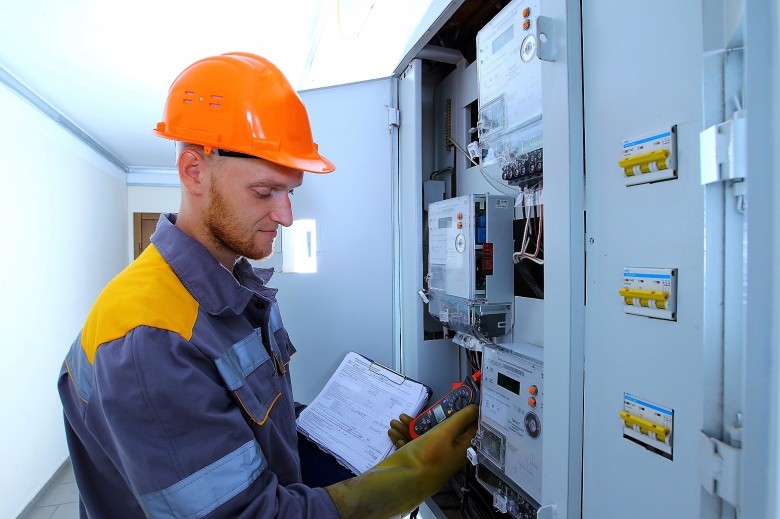New day/night rate smart meters to be installed in the homes of all Kyiv residents by 2030
Over the next 9 years, apartments, and houses of all residents of the capital will have new and modern electricity meters. They will help to save money on electricity used at night. Denis Bondar, General Director of the company, announced this during a live stream on Facebook between DTEK Kyiv Grids and the customers under the #AskAboutLight project.

DTEK Kyiv Grids replaces old metering devices with new 2-zone smart meters. Funds for such replacement are provided in the investment program, which is approved by NEURC, the state regulator. The customer pays nothing for such a replacement.
“DTEK strives to become the benchmark for customer focus and implements European service standards. Now, 200,000 smart meters have already been installed in Kyiv. This year our energy workers will install 51,000 more. By the end of 2030, we plan to install new 2-zone smart meters for all Kyiv people. We replace metering devices within under the Big Network Renovation project, the purpose of which is to modernize the energy equipment of our capital considering the needs of its residents,” says Denis Bondar.
The addresses of the buildings where metering devices will be replaced are published monthly on the DTEK Kyiv Grids website in the section “All About Electricity Meters”. First, new electricity meters are installed in those houses where the existing ones have their service life almost expired.
New electricity meters are initially configured for 2-zone operation. Thus, people will pay for the used electricity at a cheaper rate between 11:00PM to 7:00AM.
To sum up, the head of DTEK Kyiv Grids urged people of Kyiv to be sympathetic to the need for such a replacement and support the company's employees.
As previously reported, modern electricity meters will be installed in 185 houses in Kyiv under the Big Network Renovation project in September. It is now possible to do such renovation thanks to the investment incentive RAB tariffs introduced in 2021. Thus, the company could increase its investment in network development by 16% compared to 2020.

